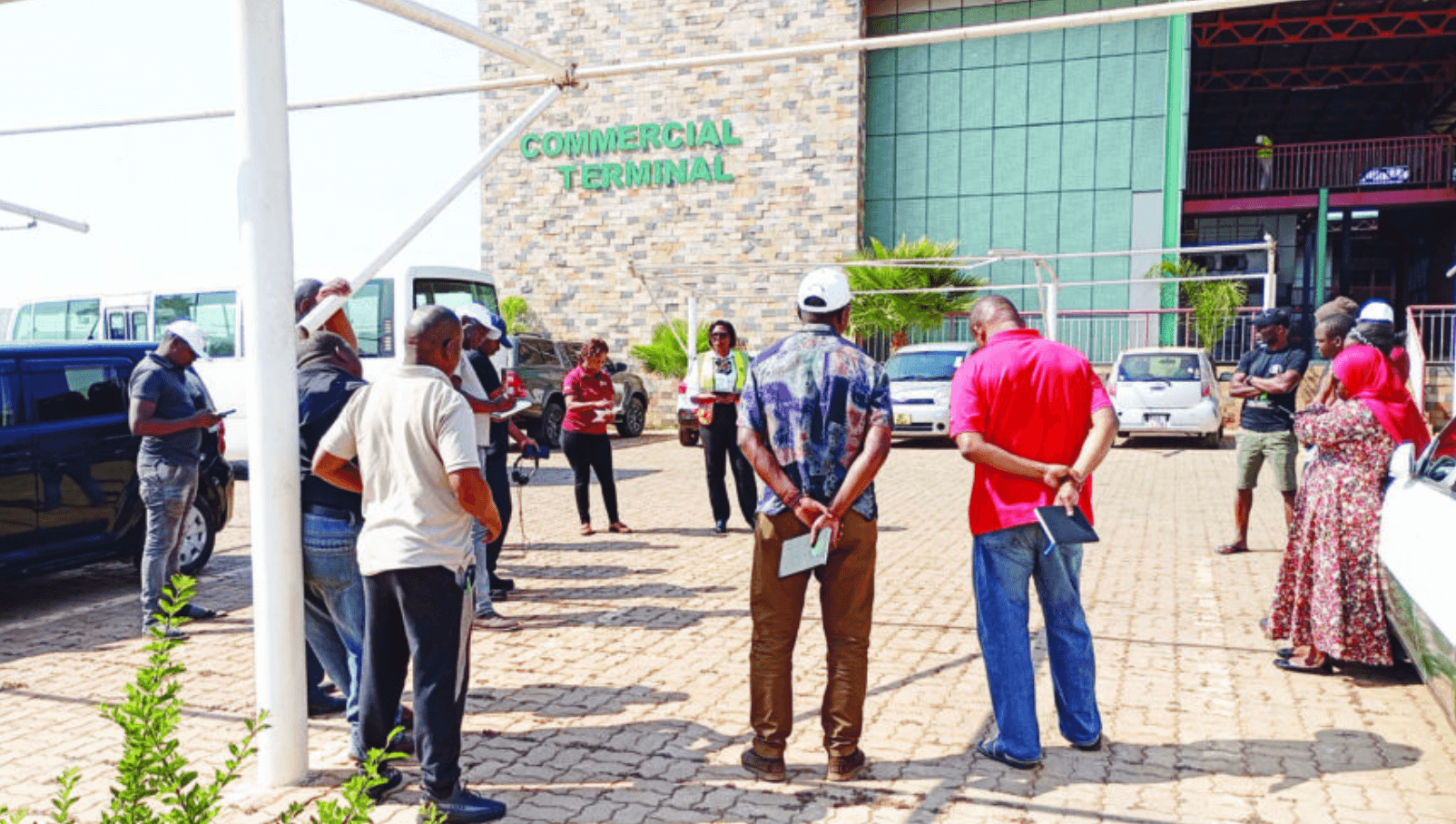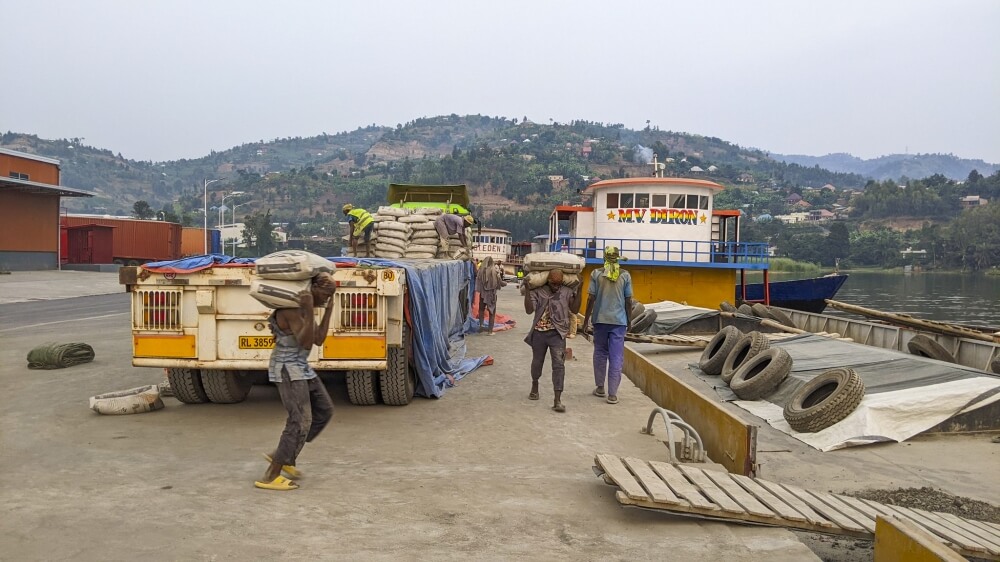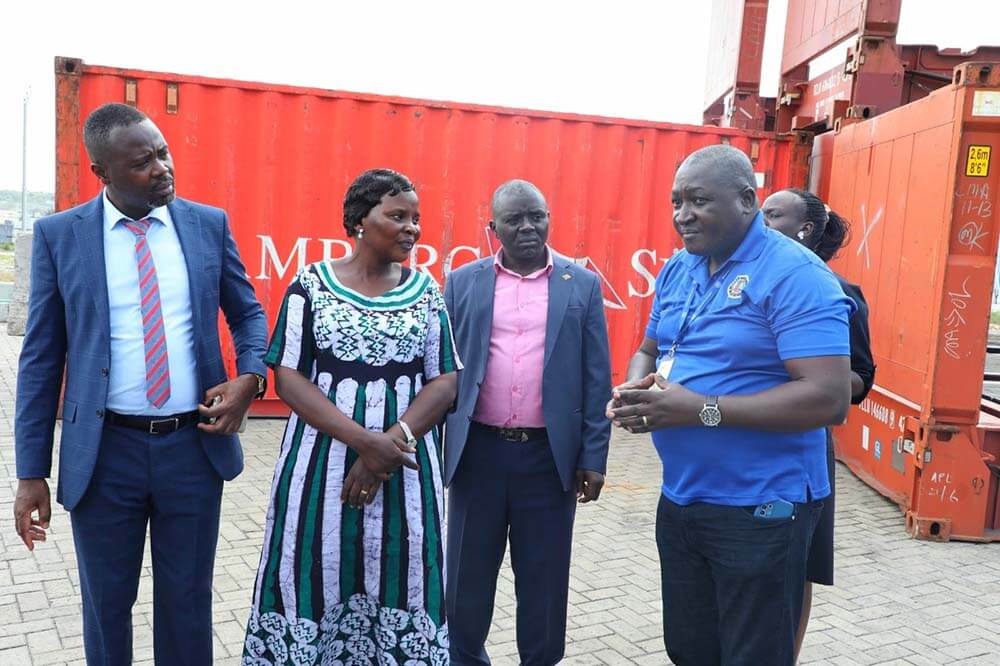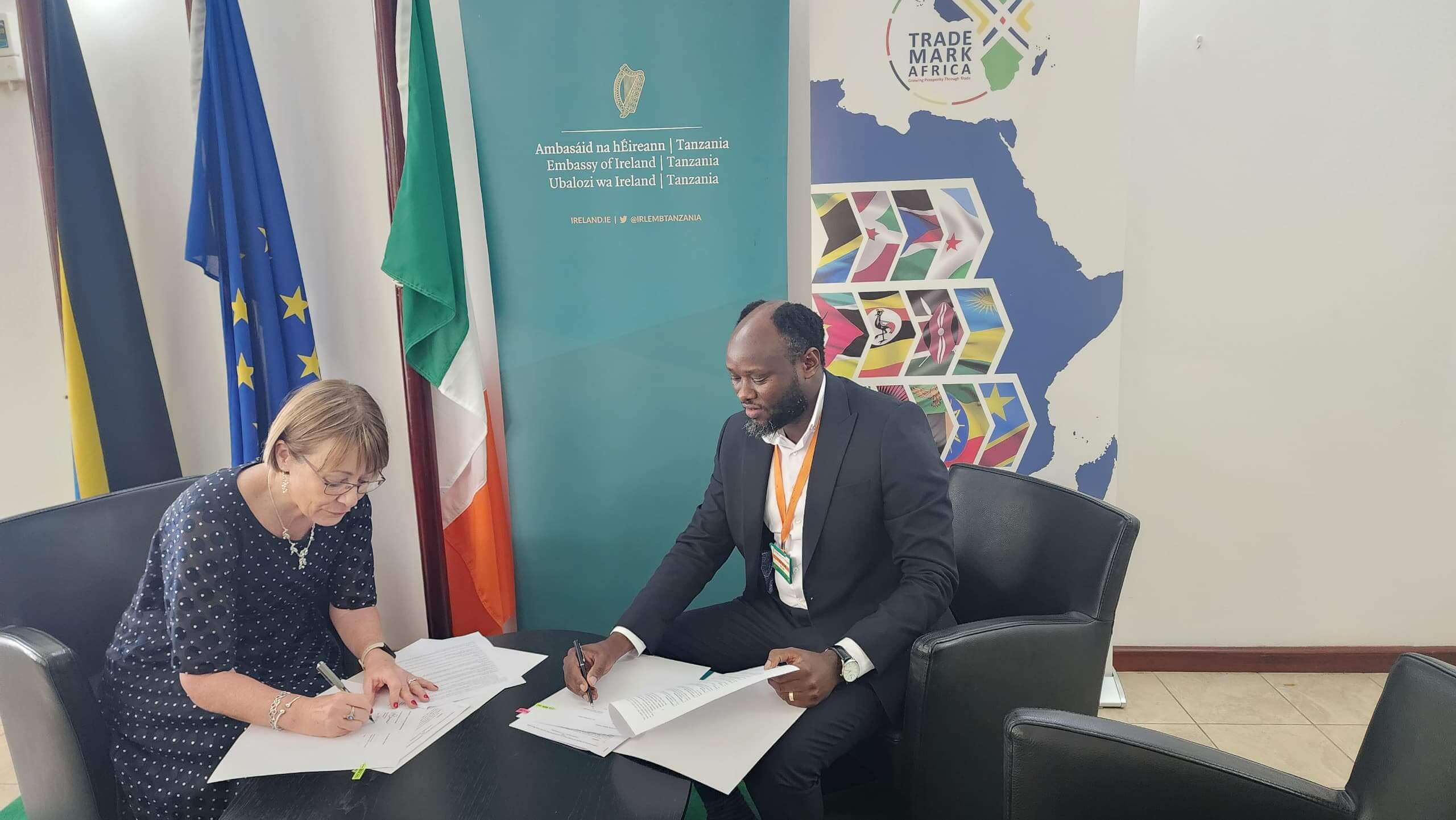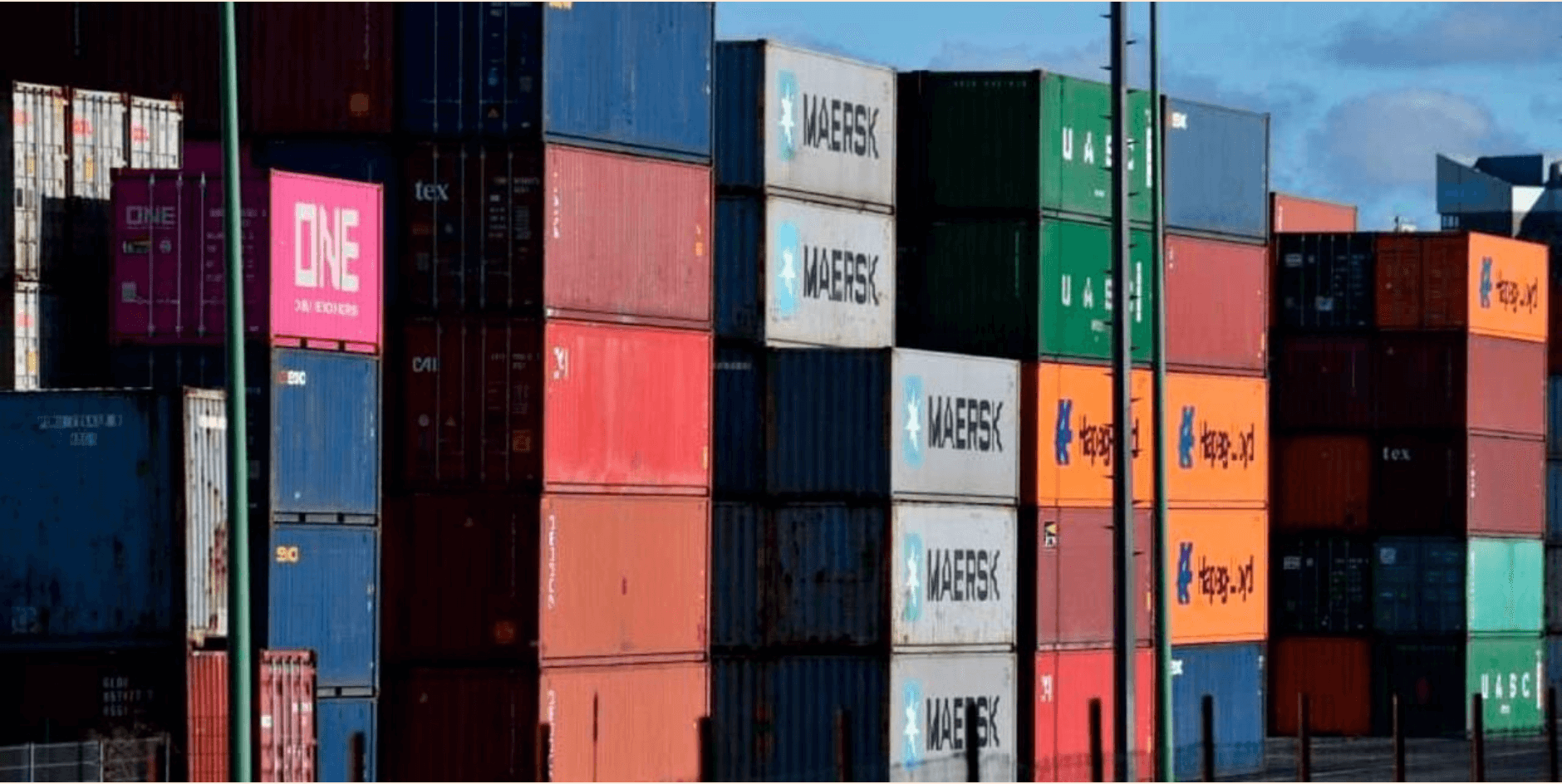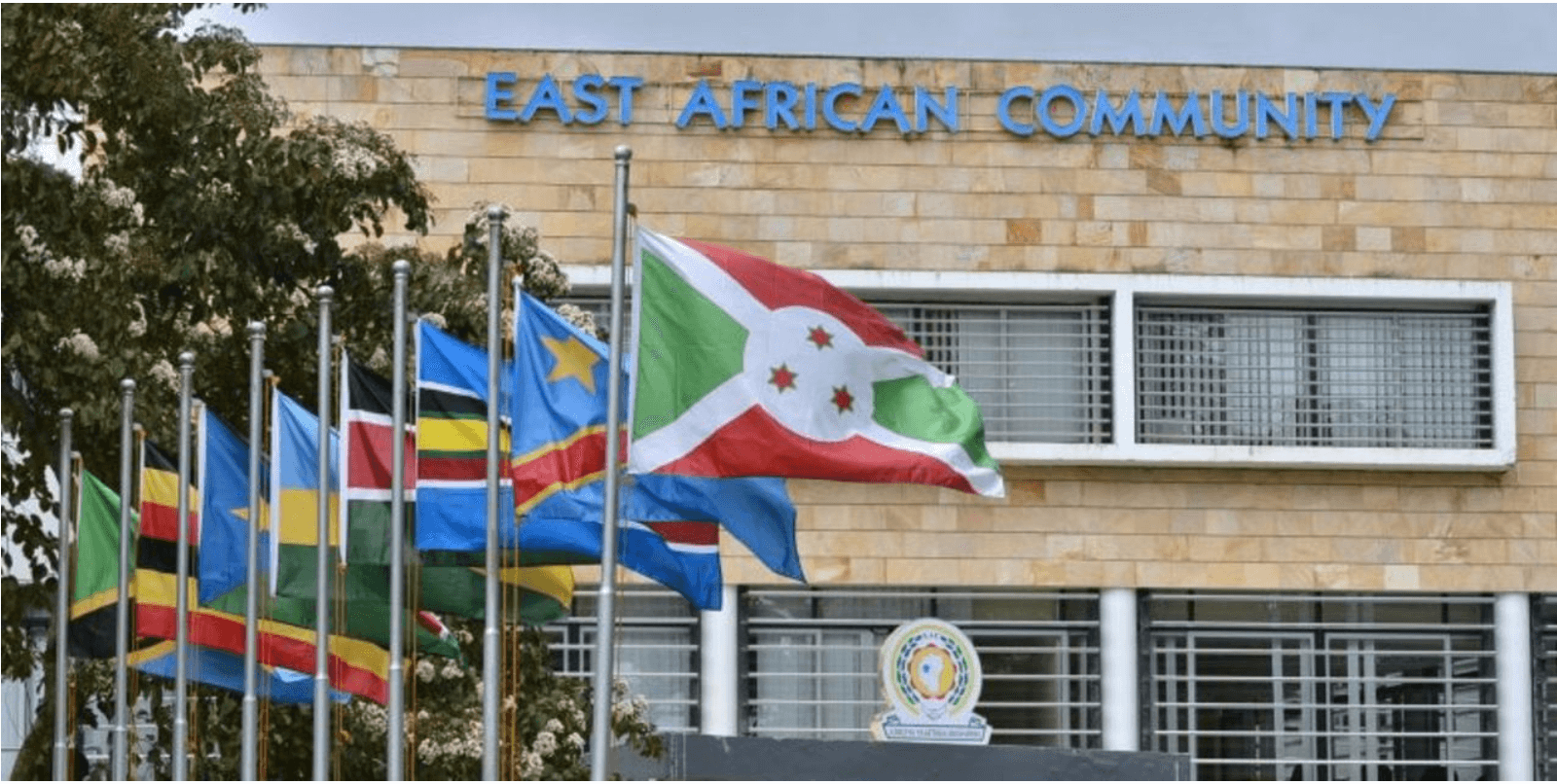Les agents de dédouanement sont parmi ceux qui font l'éloge du concept de poste frontalier unique (OSBP) en tant que facteur clé d'une facilitation efficace du commerce dans le pays. Le Malawi dispose actuellement d'un OSBP pleinement opérationnel à la frontière Mchinji-Mwami, le poste de Dedza attendant l'achèvement d'une installation similaire du côté mozambicain pour devenir pleinement opérationnel. La construction du nouveau poste de Dedza aurait réduit le temps que les voyageurs, les commerçants, les agents de dédouanement et les autres parties prenantes passent à visiter tous les bureaux nécessaires. À Dedza, le chauffeur de camion Fred Moziyane, originaire d'Afrique du Sud, a fait remarquer que, bien que les agents frontaliers mozambicains n'aient pas encore déménagé dans la structure malawienne, les procédures sont plus rapides du côté malawien. Grâce à la conception moderne de l'installation, qui abrite tous les fonctionnaires des frontières sous un même toit, nous pouvons accomplir toutes nos tâches en un seul endroit. Auparavant, nous devions nous déplacer d'un bâtiment à l'autre pour faire vérifier et tamponner nos documents », a déclaré M. Moziyane. Prince Kaiwawile, agent de compensation à l'OSBP de Mchinji, a expliqué que la rationalisation des services leur a permis de dédouaner plus de marchandises de manière efficace. Les envois sont traités plus rapidement car les formalités d'importation et d'exportation sont gérées dans un seul bâtiment », a déclaré M. Kaiwawile. Il a ajouté qu'auparavant, lorsque le Malawi et la Zambie opéraient dans des bâtiments distincts, le dédouanement des marchandises prenait des jours, alors...
La rationalisation des postes frontaliers accélère les échanges
Posted on: September 27, 2024
Posted on: September 27, 2024

